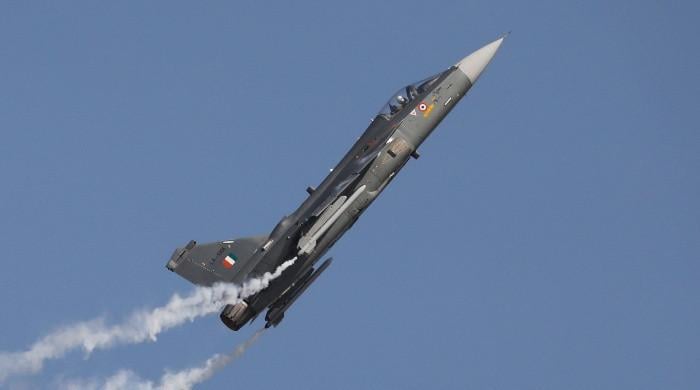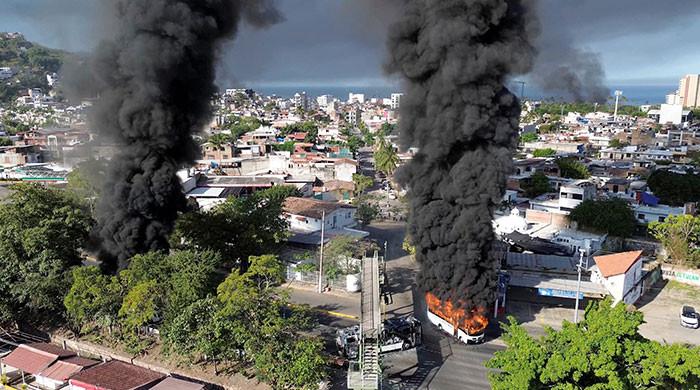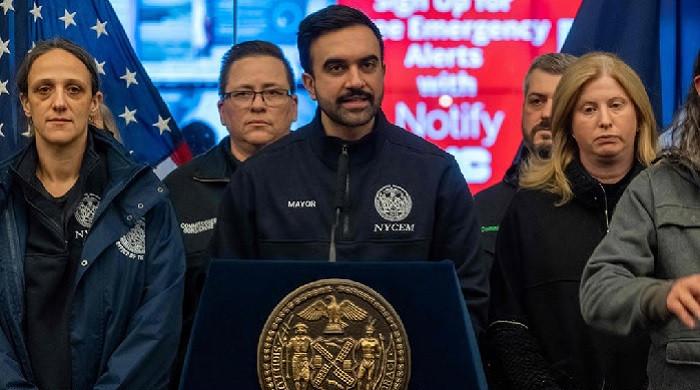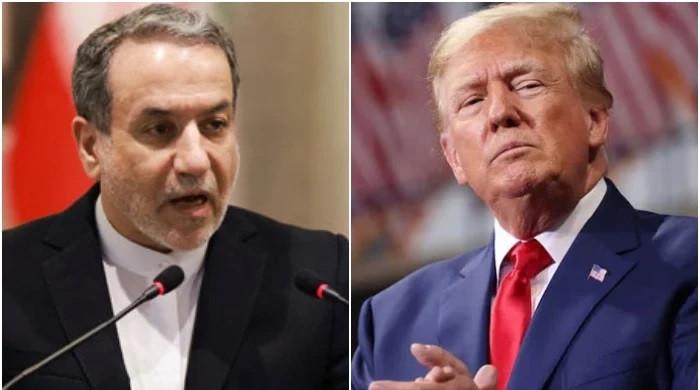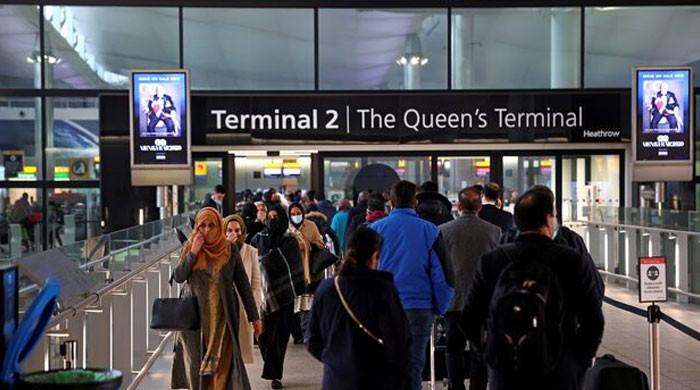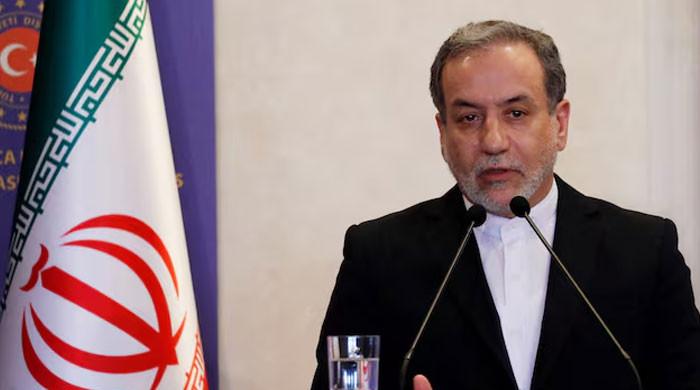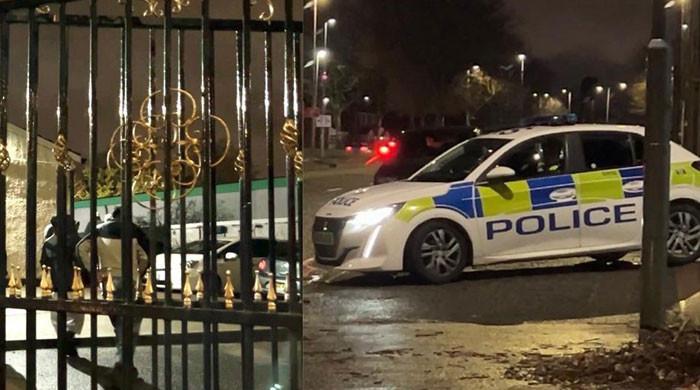US administers first COVID-19 vaccine to New York nurse
Sandra Lindsay, who has treated some of the sickest COVID-19 patients, was given COVID-19 vaccine at Long Island Jewish Medical Center in NY
December 14, 2020
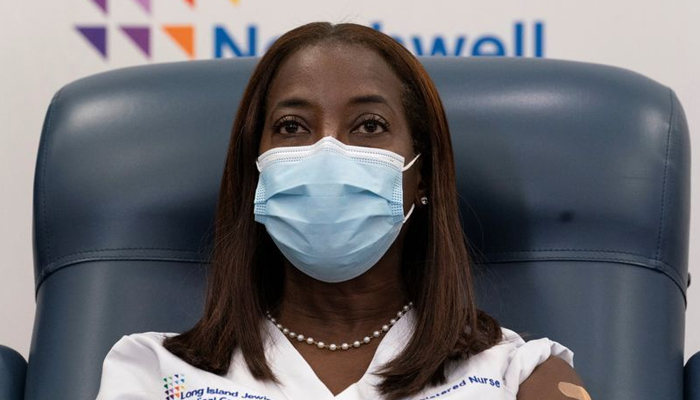
An intensive care unit nurse became the first person in the United States to receive the newly authorized Pfizer/BioNTech COVID-19 vaccine on Monday, calling it a sign that “healing is coming” as the US coronavirus death toll approaches 300,000.
Sandra Lindsay, who has treated some of the sickest COVID-19 patients for months, was given the vaccine at Long Island Jewish Medical Center in the New York City borough of Queens, an early epicenter of the country’s COVID-19 outbreak, receiving applause on a livestream with New York Governor Andrew Cuomo.
“It didn’t feel any different from taking any other vaccine,” Lindsay said. “I feel hopeful today, relieved. I feel like healing is coming. I hope this marks the beginning of the end of a very painful time in our history. I want to instill public confidence that the vaccine is safe.”
Cuomo tweeted a picture of Lindsay, wearing a mask and staring resolutely ahead, as a doctor injected her in the arm, and said she was the first American to get vaccinated.
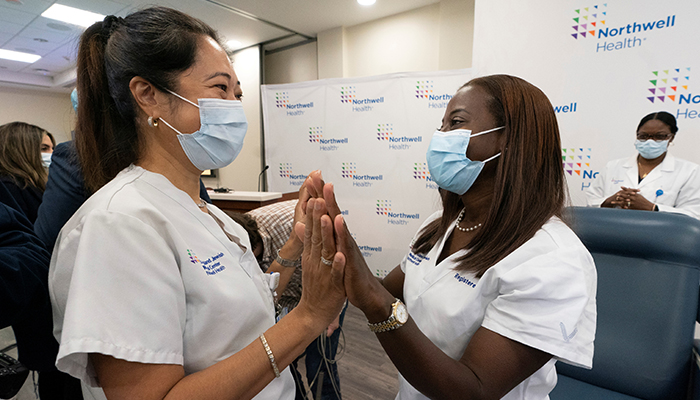
“This is what heroes look like,” Cuomo wrote.
Minutes after Lindsay received the injection, President Donald Trump sent a tweet: “First Vaccine Administered. Congratulations USA! Congratulations WORLD!”
Northwell Health, New York state’s largest health system, operates some of the select hospitals in the United States that were administering the country’s first inoculations of the a COVID-19 vaccine outside of clinical trials on Monday.
The vaccine, developed by Pfizer Inc and German partner BioNTech SE, won an emergency use authorization from federal regulators on Friday after it was found to be 95% effective in preventing illness in a large clinical trial.
The first 2.9 million doses began to be shipped to distribution centers around the country on Sunday, just 11 months after the United States documented its first case of COVID-19.
As of Monday, the United States had registered more than 16 million COVID-19 cases and was fast closing in on the grim milestone of 300,000 deaths from the virus.
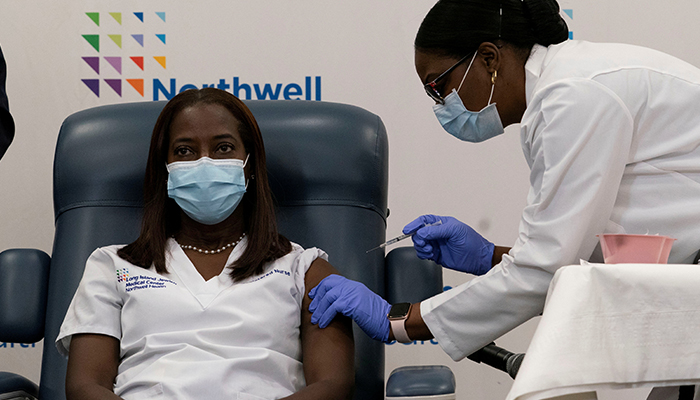
“It’s been an incredible morning. It’s historic,” said Dr. Leonardo Seoane, speaking over a livestream video on Monday after becoming one of the first Louisiana resident to receive the vaccine at Ochsner Medical Center in New Orleans, where he led some of the clinical trials for the Pfizer shot.
Logistical challenge
The first US shipments of coronavirus vaccine departed from Pfizer’s facility in Kalamazoo, Michigan, on Sunday, packed into trucks with dry-ice to maintain the necessary minus 70 Celsius (-94 Fahrenheit) temperature. They were transported to UPS and FedEx planes waiting at air fields in Lansing and Grand Rapids, kicking off a national immunization endeavor of unprecedented complexity.
The jets delivered the shipments to UPS and FedEx cargo hubs in Louisville and Memphis, from where they were loaded onto planes and trucks to be distributed to the first 145 of 636 vaccine-staging areas across the country. Second and third waves of vaccine shipments were due to go out to the remaining sites on Tuesday and Wednesday.
“This is the most difficult vaccine rollout in history,” US Surgeon General Jerome Adams told Fox News on Monday.
“There will be hiccups undoubtedly, but we’ve done everything from a federal level and working with partners to make it go as smoothly as possible. Please be patient with us,” Adams said, adding that he would get the shot as soon as he could.
Healthcare workers and elderly residents of long-term care homes will be first in line to get the inoculations of a two-dose regimen given three weeks apart. Next will be essential workers, as determined by the US states, and elderly people with underlying health conditions.
US top infectious disease expert Dr. Anthony Fauci told MSNBC on Monday that Americans with no heightened risk factors could expect to get vaccinated “by the end of March, the beginning of April.”
“By the end of the second quarter of 2021, maybe by the end of late spring ...so that by the time we get into the fall, we can start approaching some degree of relief,” Fauci said.




